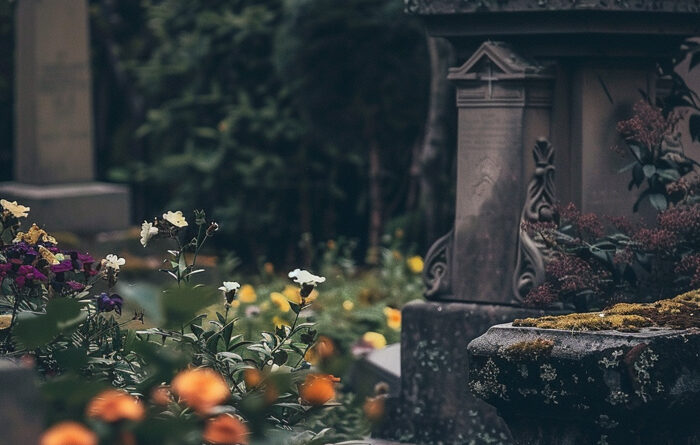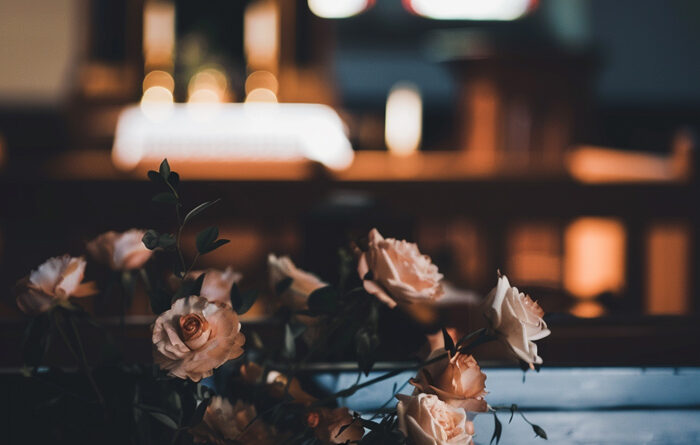
Introduction to Flower Arrangement Considerations Across Religions in Miami
Floral arrangements are a cornerstone of decor for countless events and celebrations. They hold a particular significance when they align with and respect the cultural and religious sensibilities of individuals and communities. Miami, a vibrant and diverse city, plays host to an array of religious denominations. Understanding the various traditions and requirements of each religion is key to crafting floral displays that not only beautify spaces but also resonate with ceremonial significance. This article aims to provide a comprehensive guide to preparing flower arrangements in Miami that honor the practices of different religious groups.
Familiarizing with Religious Floral Traditions
The first step in preparing appropriate floral arrangements for various religions involves familiarizing oneself with the associated traditions and symbolism. In religions such as Christianity, flowers are often used to adorn churches and celebrate religious holidays like Easter and Christmas. White lilies, for instance, signify purity and resurrection. For Jewish ceremonies, such as weddings and Bar or Bat Mitzvahs, simple yet elegant flowers that avoid overt opulence are typically preferred, in line with the values of humility.
In Islam, while flowers are not a central component of religious rites, they are used for occasions to express joy and are often seen at weddings or Eid celebrations. The absence of figurative designs in Islamic art lends a special role to floral motifs, which are embraced in stylized forms. Hinduism, on the other hand, uses flowers extensively in rituals. Marigolds are ubiquitous, symbolizing auspiciousness and the sun’s energy. Furthermore, Buddhism incorporates flowers into its practices with offerings that represent the impermanence of life, often seen with lotus blossoms emblematic of purity and enlightenment.
Respecting Cultural Sensitivities and Preferences
When designing an arrangement, understanding cultural sensitivities and avoiding any misconceptions or inappropriate symbolism is of paramount importance. Each religion encompasses its own set of values and aesthetics that should be acknowledged. It’s critical that florists are aware of certain taboos, such as the avoidance of red flowers in South Asian funeral customs or the use of chrysanthemums solely for mourning in East Asian communities. On the other side of the spectrum, bright and vivid blooms might be favored for festive occasions in Latin American and Caribbean cultures.
In Miami’s melting pot, where cultures and religions intermingle, sensitivity to these preferences will speak volumes about a florist’s professionalism and respect for the client’s background. A knowledgeable approach to flower selection will be appreciated by those who are integrating traditional elements into their modern celebrations or commemorations.
Adapting to Specific Religious Ceremonies
Floral arrangements are not a one-size-fits-all affair, especially when accommodating for different religious ceremonies. Each event may demand a particular style, formality, and color palette. For example, a Catholic wedding might feature an arch of flowers framing the altar, while a Hindu wedding might require garlands for the bride and groom as part of the Jaimala ceremony. Muslim celebrations may favor more restrained elegance, using flowers to create a sense of celebration without excessive display. Understanding the specific religious ceremony at hand is critical for realizing an arrangement that is respectful, appropriate, and beautiful.
Seasonal and Local Considerations in Miami
In Miami’s tropical climate, selecting flowers that can withstand the heat and humidity is essential to guarantee the longevity of an arrangement. Utilizing locally sourced and seasonal blooms can often provide fresh, vibrant choices while supporting regional growers. Seasonality ties closely with many religious celebrations, such as the use of poinsettias during Christmas or palm leaves on Palm Sunday. Including local flora in arrangements for religious events can lead to a remarkable fusion of cultural authenticity and regional charm.
Collaboration with Religious Leaders and Communities
For florists and event planners, engaging with religious leaders and community members can be invaluable in achieving arrangements that resonate with a particular faith’s customs. Collaboration can offer deeper insights into the significance of certain flowers and practices that may not be widely known. Religious leaders and community members can provide guidance, ensuring that intricacies are honored and any potential cultural missteps are avoided. This cooperative approach fosters trust and builds relationships that are vital in effectively serving Miami’s diverse population.
Conclusion: Embracing Diversity Through Floral Artistry
In conclusion, preparing flower arrangements for various religious denominations in Miami requires an appreciation of the rich tapestry of traditions that the city embodies. Florists and event planners must embrace the diversity of the client base, with attention to religious customs, cultural symbolism, and local flora. Through thoughtful consideration and respectful collaboration, floral arrangements can become a bridge across differing beliefs, adding depth and beauty to cherished religious milestones. By paying homage to the multiplicity of religious practices in Miami, one can craft floral creations that not only decorate spaces but also celebrate the city’s vibrant spirit of inclusiveness. The intricate endeavor of planning flower arrangements for different faiths in Miami is a testament to the harmony that can be achieved when cultural diversity is celebrated and honored through the universal language of flowers.

Are there specific flowers associated with certain religious ceremonies?
Yes, different religions often associate specific flowers with certain ceremonies due to cultural, historical, or symbolic reasons. For instance, white lilies are commonly used in Christian funeral services to symbolize purity and the return of the soul to innocence. In Hindu ceremonies, marigolds are popular for their vibrant colors which represent the sun and convey a message of brightness and positivity. Each floral arrangement should be considered carefully with respect to the religion and the specific ceremony it is intended for.
What considerations should be taken when planning flower arrangements for a Jewish wedding?
When planning flower arrangements for a Jewish wedding, it is important to consider the cultural significance and traditional aspects. Floral designs often include white blooms, symbolizing purity and happiness. It is also customary to consider the chuppah, a wedding canopy, which can be beautified with flowers that complement the overall wedding theme. Avoiding overly fragrant flowers which might distract from the ceremony is also a thoughtful consideration. Additionally, it is advisable to be aware of any particular customs or restrictions by consulting with those knowledgeable in Jewish matrimonial traditions.
Can floral decorations be used in Buddhist religious events?
Floral decorations play an important role in many Buddhist religious events as they symbolize the impermanent nature of life. The use of fresh flowers, which eventually wilt and fade away, serves as a reminder of the Buddhist teaching on impermanence. Lotus flowers are particularly significant as they represent purity and enlightenment, emerging clean from muddy waters. It is key, however, to ensure that the flowers are arranged in a manner respectful to the rituals and practices of the particular event or ceremony they are intended for.





